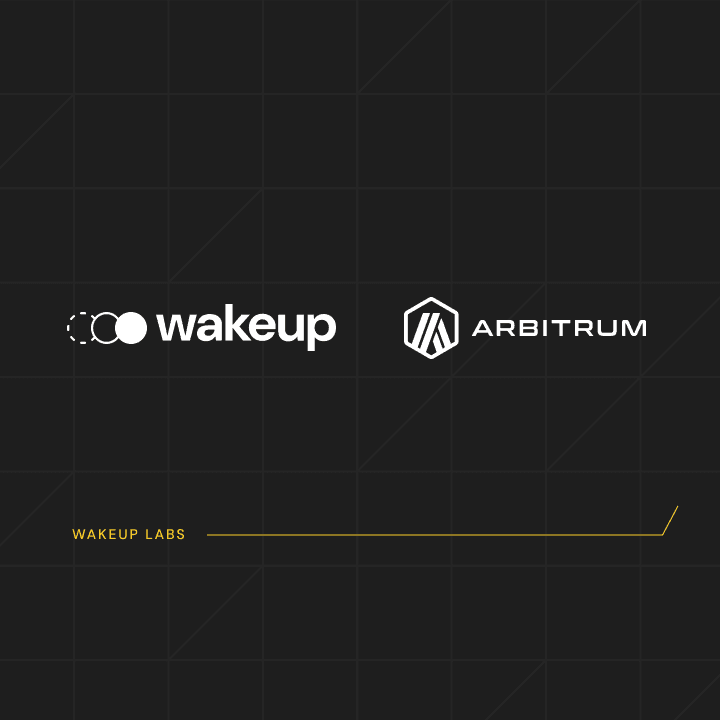Jess
Comms at WakeUp Labs
December 27, 2024
Is the force inclusion mechanism possible on any Orbit Chain?
This was a question we asked ourselves and set out to solve, which led us to begin this work. So we started to develop a tool that keeps transactions running, even if the sequencer misbehaves on any Orbit Chain.
The Proposal
WakeUp Labs developed Arbitrum Connect, a tool designed to keep transactions running smoothly on Arbitrum L2 even when the sequencer misbehaves. For instance, users could still submit critical transactions directly to Ethereum L1, ensuring business continuity and avoiding disruptions.
We checked that it works perfectly for the Arbitrum <> Ethereum network, and now we are advancing to address a new challenge: Orbit Chains. We’re creating a system that ensures transactions can still be processed when the sequencer of the Orbit Chains experiences misbehaves. This new solution leverages a feature called the Delayed Inbox, which acts as a fallback mechanism to handle transactions during sequencer downtime. It allows users to submit transactions to the previous layer (if the user is on L3, it goes to L2; if on L2, it goes to L1), ensuring uninterrupted operations for both L2 and L3 Orbit Chains.
🌐 Why Orbit Chains?
Orbit Chains empower developers to build their own Layer 2 or Layer 3 chains using the Arbitrum stack. By incorporating reliable transaction tools, we aim to make these chains more secure for end users.
Research
We started conducting research on force-inclusion mechanisms and have laid the groundwork for future development.
Key Points from the Research:
Conducted an in-depth analysis of the Orbit Chain stack to identify its strengths and weaknesses.
Researched Delayed Inbox mechanisms to improve transaction handling during misbehaviors.
Produced detailed documentation to help developers implement these tools effectively.
Partnered with Arbitrum DAO and other ecosystem collaborators to plan the next phases.
🔗 Explore the full research here: Research Document
Building on the foundation of Arbitrum Connect marks significant progress in making Orbit Chains more resilient. We invite developers and community members to review our findings and contribute to the discussion.
What's Next?
Deploying different types of Orbit Chains (L2 and L3) to test the Force-Inclusion features.
Updating the user interface to make popular Orbit Chains easily accessible.
Creating a back-end system to store and manage custom Orbit Chains for users.
Documenting the entire process, including solutions and challenges encountered during development.
Stay tuned as we transition from research to implementation, driving innovation in Orbit Chain resilience.



